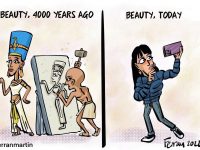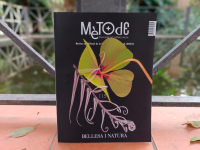In the past decade, scientific research that relies on the collaboration of citizens has grown exponentially. Be it for collecting data on bird migrations, noise pollution, or empty houses in a neighborhood, or for analyzing pictures of malignant cells or distant stars, or for transcribing ship logs or translating Egyptian hieroglyphs (all examples of real citizen science projects), there are countless opportunities for society to get involved in the work done by scientists and contribute to the accumulation of scientific knowledge. Also, other levels of engagement are possible beyond collecting or analyzing data: suggesting research topics, designing research methods, interpreting research results, discussing and disseminating findings.
This Metode SSJ monograph brings together contributions from several countries and from the perspective of diverse kinds of citizen science. From consultations to understand ways to improve science communication to increasing science and sustainability awareness through games and activities, exploring mental health support networks and analysing instruments for measuring radioactivity after a nuclear disaster. Concomitantly, issues such as levels of participation, the potential for doing citizen science in the social sciences, the impacts of education, or the role of digital applications are discussed.





